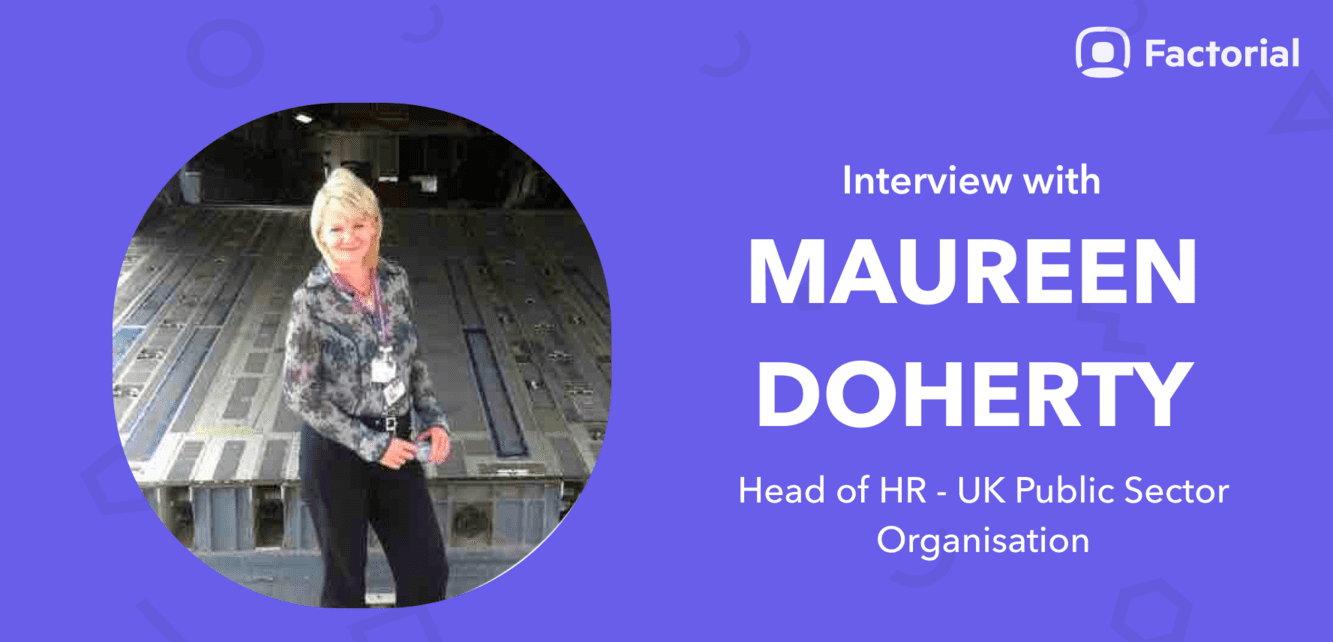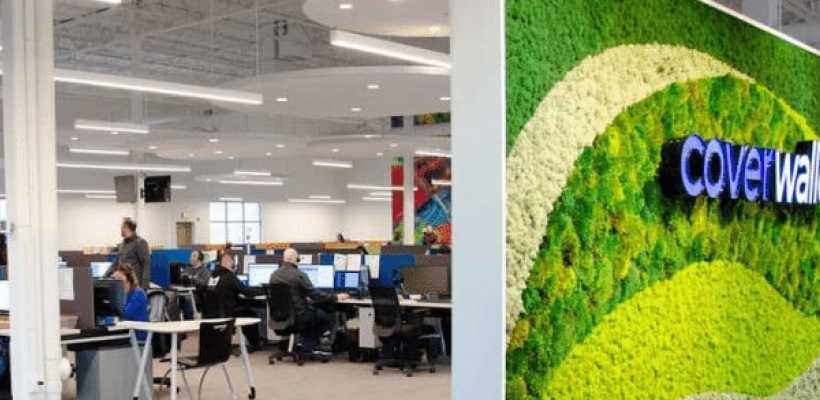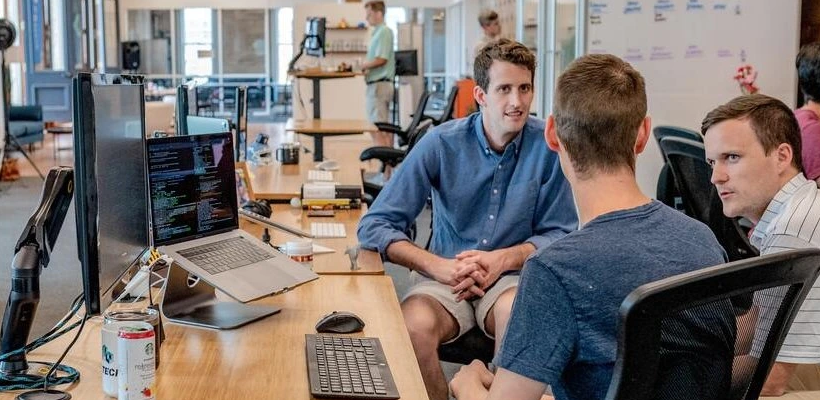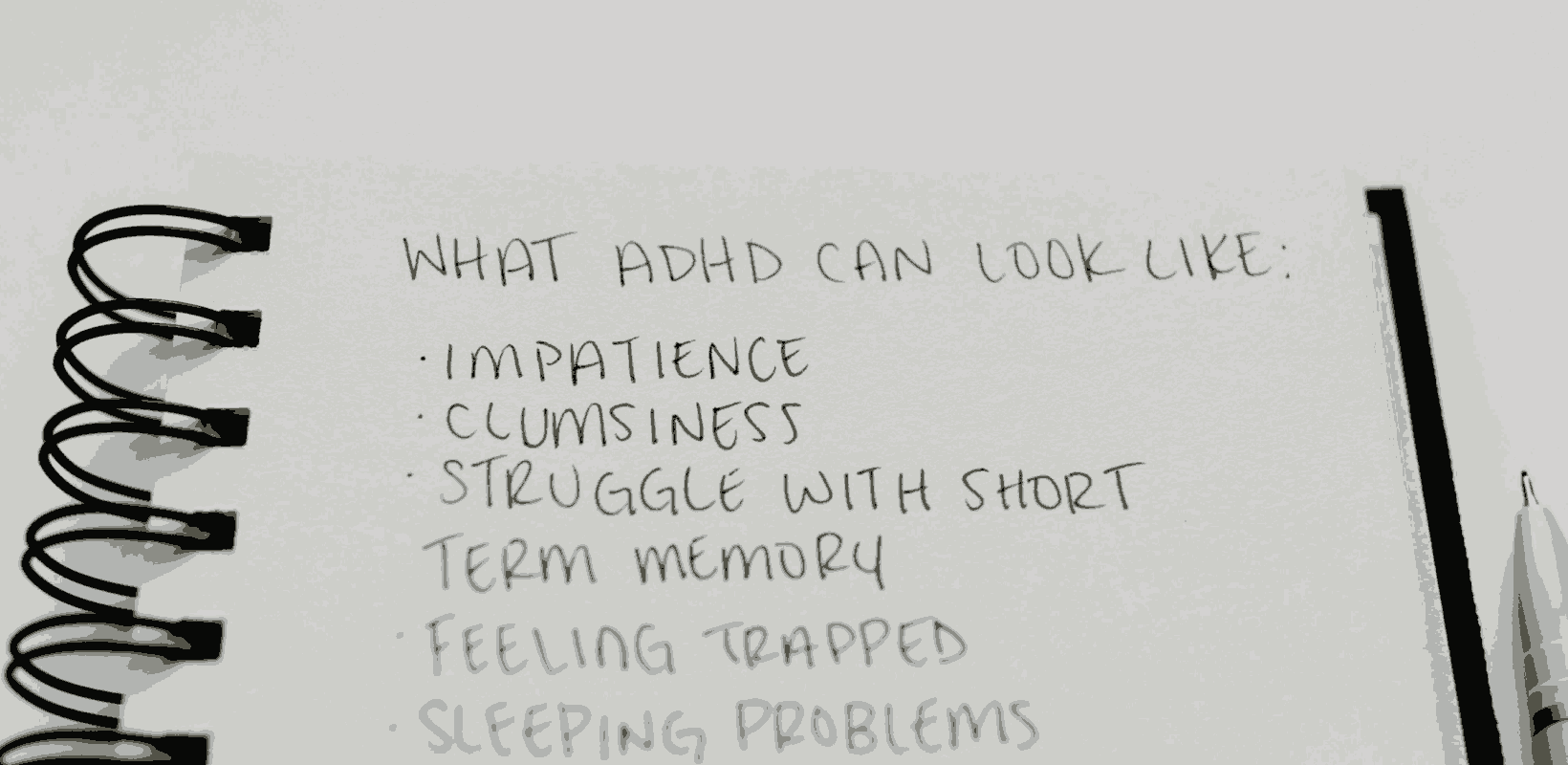We had the opportunity to speak to Maureen Doherty, head of HR at a UK public sector organisation. In this interview, we discuss Maureen’s career in HR and how it evolved into what it is today. Additionally, we talk about her experience working with HR management software as well as delving into the effects and benefits of incorporating an HR management software into your business.
Could you tell me a little bit about yourself and how your career evolved into what it is today?
Many many years ago at a young age, I joined the civil service, I started off as an Executive Assistant, I was quite interested in HR and the people side of things, but didn’t know too much about it. Then I applied for a promotion because in those days you could apply for a promotion, then you would meet with a Board, and you just had to meet a standard and they would put you into a role, but you couldn’t express preferences. So I got through that and went to an old personnel office unit that was closing down, so I worked a lot on redundancies and things like that. Then I gradually just got promoted more and more in different types of roles. So things like running assessment centres. I’ve had a very varied HR career, so I feel quite lucky and I’m quite grateful for the career that I’ve had and the things I’ve been able to do.
What would you say out of all the different experiences you’ve had working within HR, which aspect was your favourite?
So there’s a couple really, I like roles that achieve a tangible result at the end of them. So not too much of blue-sky thinking unless it’s going to deliver an outcome of some benefit. So I really liked it when we ran promotion assessment centres, where we would assess people over 3 days, on their capabilities to operate at a higher level. That was really interesting because they would get developmental feedback. We designed the exercises, designed the marking rubrics, so I really enjoyed that. I like very much what I’m doing now, so I work at the moment as the head of HR a large business unit of almost 5,00 people. I’m currently bringing in a new pay and performance system for certain industrial workers. So those are probably my 2 favourite aspects.
What would you say inspired you to start working in HR, was there a specific thing that made you want to start your career in it?
I sort of thought in my younger days it was about helping people, however, now I realise HR is more about the strategies to improve the business. So I like the idea of the people initiatives to change the business and help the business deliver more efficiently. So I’ve done things around redundancy, which isn’t a great thing for helping people necessarily but it is a necessary evil to deliver more efficiently.
I know you briefly mentioned that your favourite aspect of working at a large organisation was bringing about a tangible difference and change.
Yes and I also like how much we invest in our young junior talent graduates and apprentices, we have really good schemes, really good training and development and mentoring. I like working with junior people. I mentor quite a lot of young women and young mothers who are trying to balance their career and motherhood. I like how much we invest in people so that they can see a good career for themselves whilst balancing that out with motherhood or looking after elderly relatives for example. So it’s flexible. and I’ve had people look out for me through training and development programmes and things like that and I like to do the same as well.
So currently I’m mentoring a young Indian mother, but she lacks confidence, and culturally feels like she doesn’t quite fit in and feels like she doesn’t understand English very well, even though her English is absolutely perfect. I like having the opportunity to work with people like that to help build up their confidence.
So when you say you work with these women, what are you teaching them?
It’s just a standard mentoring relationship. I see them for about an hour a month, unless they’ve got something big going on and need a bit more time and we talk through what their development plan may be, what they need to do to reach certain career goals. So they may be going through a tough time at work. So one of my mentees had a member of staff working for her who was really nasty to her. This knocked her confidence. I help them out with the day-to-day difficulties they may face. But mainly I try to help them out with their development and career goals and what they need to do to reach them. So if they want to be an HR director for example, what is it they have to do to get there.
Do they all work within your HR department?
No they don’t actually, they’re not HR people at all. That’s probably quite good to some extent, that you have different people helping you with your career.
What would you say your least favourite part of the job is?
Ok, so this is interesting as it is going to come on to what we talk about next. Our data is absolutely dreadful, we haven’t got the ability to generate great reports and that kind of thing. Data manipulation is an issue. So I may ask what the sick records in one sector of the organisation in terms of depression, anxiety and stress sick leave they’ve got. And it takes a massive amount of effort for people in my team to decipher that and provide me with that data. So data’s a real problem. Because you need to use accurate data to make evidence-based decisions.
I love investing in really good people, it’s kind of tough with the people that aren’t quite so committed to work. People that will not pull their weight are quite hard to deal with. It’s a minority but they can be quite demotivating for the team.
Just to add on that, it surprises me that such a big organisation has such issues with data. You wouldn’t think it would you.
No not at all, but I think that’s probably why it is. Because there has been less investment over the years there’s a finite amount of money. Many other services and public institutions don’t get invested in as much as everything else. So there hasn’t been enough investment to enable us to modernise our systems access data.
So what experience do you have specifically working with HR management software?
I have quite a lot of experience working with HR management software. So at the moment we have an oracle based HR system which is really old, and is going to get replaced next year, as it’s been there a long time. I worked on the project to bring it in more than 20 years ago. What we did which was a mistake, was that instead of changing our processes we changed the software system, so we now have a system that’s not that easy to maintain. It has all the basic data. Payroll works fine for example. However, we haven’t got a learning management system, we haven’t got proper applicant tracking systems for recruitment and things like that. Things aren’t coherent with each other. The finance and HR systems don’t match, so I wouldn’t be able to quickly decipher from the system the exact number of people that work in my area.
The new system will be rolled out to 60/70,000 users, so it has to be fit for purpose for everybody. The one we currently use is not app-based and doesn’t go straight into the IT system and you have to wait for a long time for the screens to come up and for it to load. You can do the basics like claim travel, do staff reports. Although there’s no workflow that you can go through. So some systems that exist at the moment will send an email directly to my boss to say her fire training is out of date for example- we can’t do any of that. It’s very antiquated.
Based on your experience with HR management software, what would you say are the benefits that HR management software brings?
There are just so many of them. So, slicker processes, proper emails back and forth and not having to wait for a person to intervene. So slicker, faster, more accurate. Get the data that we need, generate the reports that we need which will allow us to make decisions. So if I can easily find out that one particular team has a lot of stress related sick leave, then I can quickly put an intervention to find out what the problem is and see if we can find a solution for it. The organisation and proper functioning of the company will be massively aided by this. The user experience should be much better as well. There’s a lot of frustration when you get kicked out of an old system, when you start typing something and it crashes. The new system will be app-based so you can do your work really quickly if you’re on the train, for example. Whereas now there’s absolutely no way you would be able to do that at the moment.
Do you think it’s essential for companies to use HR management software to facilitate processes?
I think it should be essential. You’d save on manpower and the data would be more accurate. The recruitment process at the moment is vaguely automated, you put your application in, it goes through into a system which has to be manually taken off and given to the hiring managers. If that could be completely automated, so when an application comes in, I put in my thoughts and feedback, that then generates an interview or rejection letter, then you can go straight in and choose the time for the interview, so if it’s completely automated you would save so much time.
The other important thing is being able to keep company data up to date and that all the data is stored and kept on the system. So if an issue were to arise and for whatever reason, you had to have a formal meeting with an employee and a tribunal, all the data needed for that is stored on the system and easily accessible, and therefore can’t be argued against.








